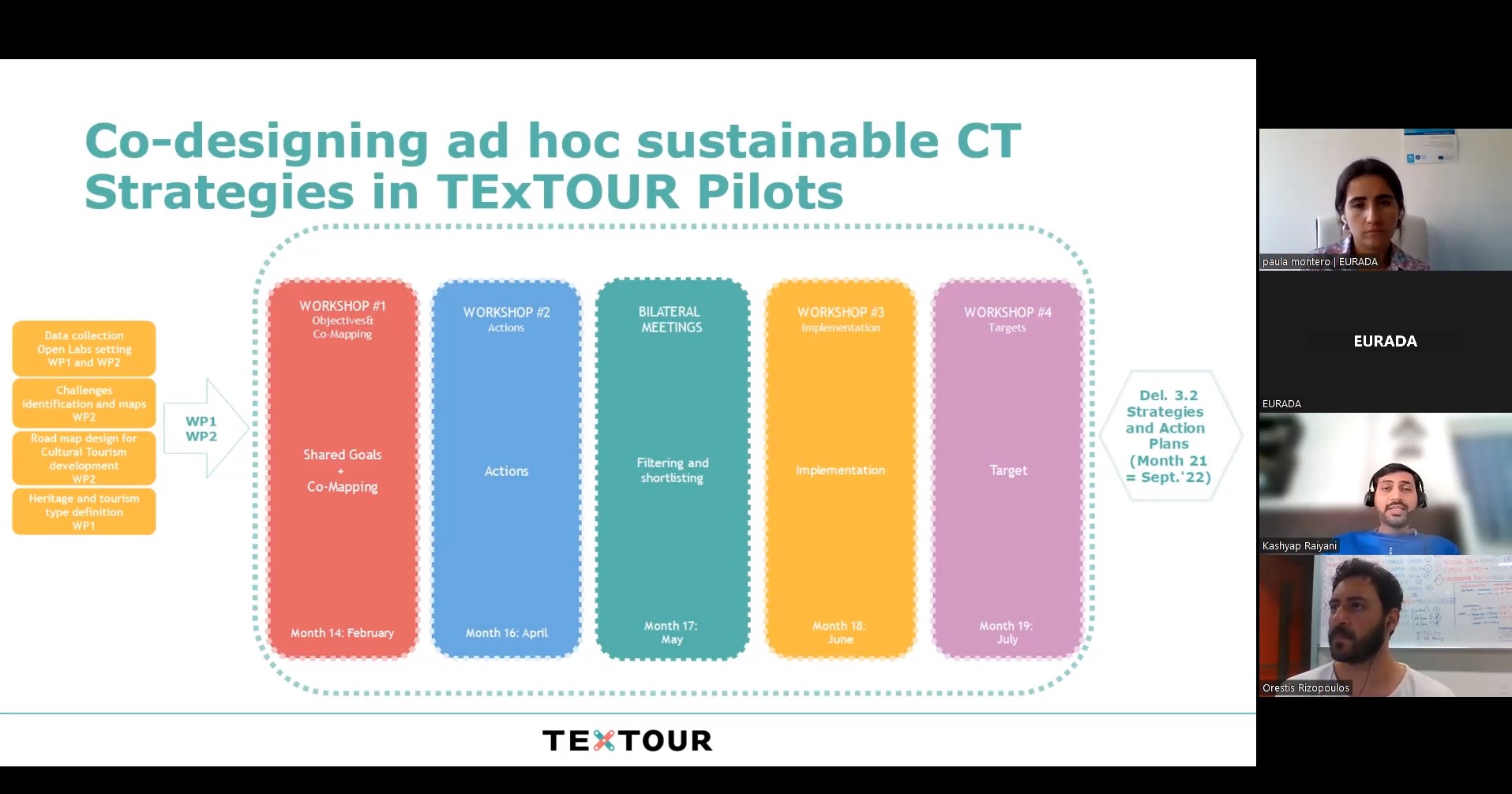This meeting focused on the theme of smart tourism, recognising its significance in enhancing visitor experiences while preserving cultural heritage in innovative and sustainable ways. With the growing demand for climate change adaptation, various local and national authorities have implemented diverse practices to transform and innovate their tourism sectors.
The "Empowering Smart Tourism: Unlocking Sustainable Transformation" meeting aimed to provide a platform for local authorities and stakeholders to share their experiences and insights regarding showcasing and revitalising cultural heritage sites within the context of smart tourism. The event brought two experts to explore sustainable measures, citizen engagement, stakeholder involvement, tourism performance indicators, and the recognition received by different initiatives.
The first speaker at the meeting was Mitja Predovnik, Deputy Managing Director of Visit Ljubljana. Mitja presented the sustainable measures incorporated into Ljubljana's tourism approach. He highlighted the organization's efforts in promoting tourism while considering environmental and social aspects.Visit Ljubljana has encouraged citizen participation in promotional campaigns and ensured effective stakeholder engagement. The second speaker, Kashyap Raiyani, an academic researcher, presented the TExTOUR project. This project, funded by the European Union, aims to co-design pioneering and sustainable cultural tourism strategies to improve deprived areas in Europe and beyond. Kashyap emphasised the role of information and communication technology (ICT) tools in promoting social innovation and cultural tourism. He also discussed the monitoring tools of the project's action plan.
During the Q and A session, several important points were raised. Questions directed towards Mitja highlighted the dual purpose of sustainability, aiming to both boost the economy through increased tourism and improve the local quality of life. The goal of attracting longer stays and the role of sustainability in attracting tourists were discussed, acknowledging that it is a continuous process requiring good practices and active communication with the community. There was also an emphasis on spreading tourism beyond the city centre and considering citizen happiness and engagement. The need for tourism apps and digitalisation was recognised. Regarding Kashyap, questions revolved around pilot projects for remote touristic places and involving local communities through an app. The importance of stakeholders, particularly municipalities, and the impact of QR code scanning in raising awareness of remote areas were highlighted.
The Working Group on Smart Heritage Cities, established in November 2020 and hosted by EURADA within the framework of the POCITYF project, serves as a high-level discussion platform that brings together experts and practitioners to explore citizen engagement and its implications on governance. The group aims to gather knowledge and expertise from diverse perspectives to drive positive change in the development and management of heritage cities.
